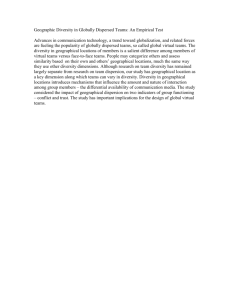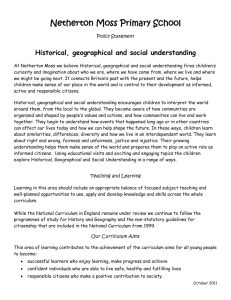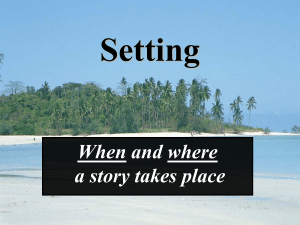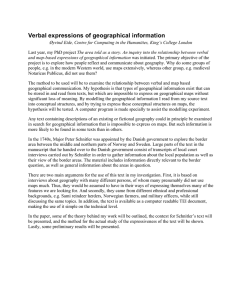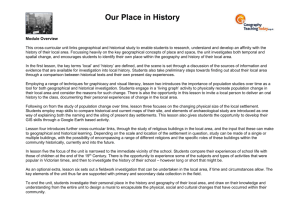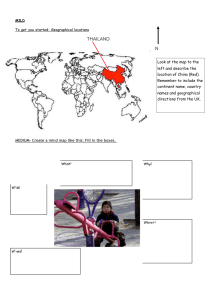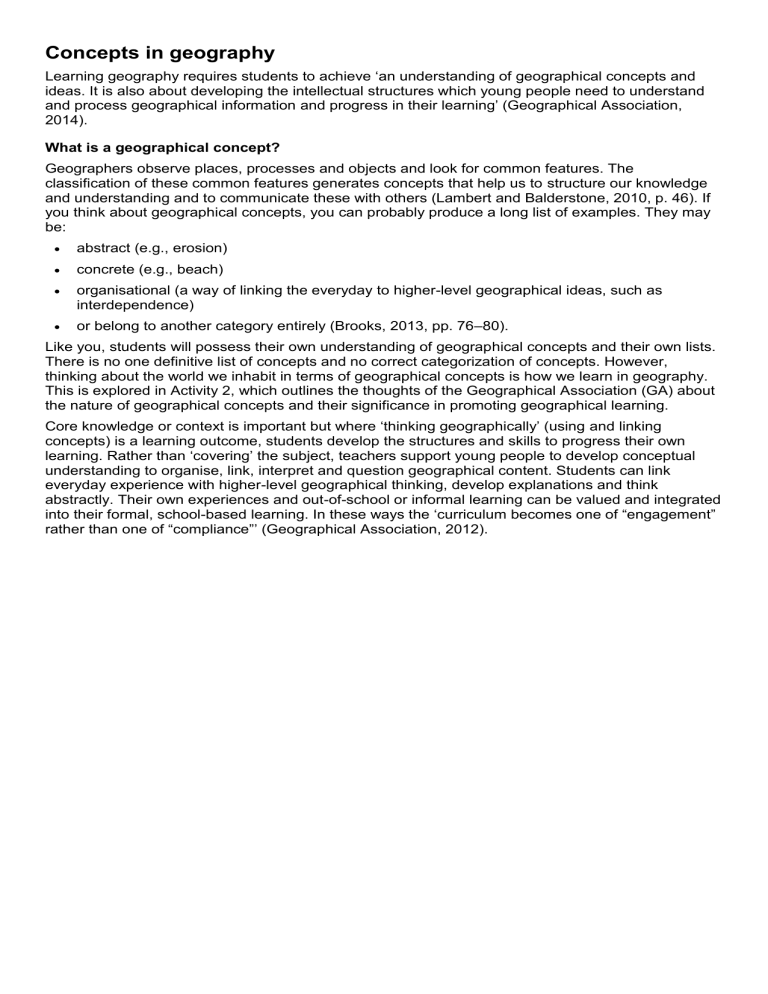
Concepts in geography Learning geography requires students to achieve ‘an understanding of geographical concepts and ideas. It is also about developing the intellectual structures which young people need to understand and process geographical information and progress in their learning’ (Geographical Association, 2014). What is a geographical concept? Geographers observe places, processes and objects and look for common features. The classification of these common features generates concepts that help us to structure our knowledge and understanding and to communicate these with others (Lambert and Balderstone, 2010, p. 46). If you think about geographical concepts, you can probably produce a long list of examples. They may be: abstract (e.g., erosion) concrete (e.g., beach) organisational (a way of linking the everyday to higher-level geographical ideas, such as interdependence) or belong to another category entirely (Brooks, 2013, pp. 76–80). Like you, students will possess their own understanding of geographical concepts and their own lists. There is no one definitive list of concepts and no correct categorization of concepts. However, thinking about the world we inhabit in terms of geographical concepts is how we learn in geography. This is explored in Activity 2, which outlines the thoughts of the Geographical Association (GA) about the nature of geographical concepts and their significance in promoting geographical learning. Core knowledge or context is important but where ‘thinking geographically’ (using and linking concepts) is a learning outcome, students develop the structures and skills to progress their own learning. Rather than ‘covering’ the subject, teachers support young people to develop conceptual understanding to organise, link, interpret and question geographical content. Students can link everyday experience with higher-level geographical thinking, develop explanations and think abstractly. Their own experiences and out-of-school or informal learning can be valued and integrated into their formal, school-based learning. In these ways the ‘curriculum becomes one of “engagement” rather than one of “compliance”’ (Geographical Association, 2012).
